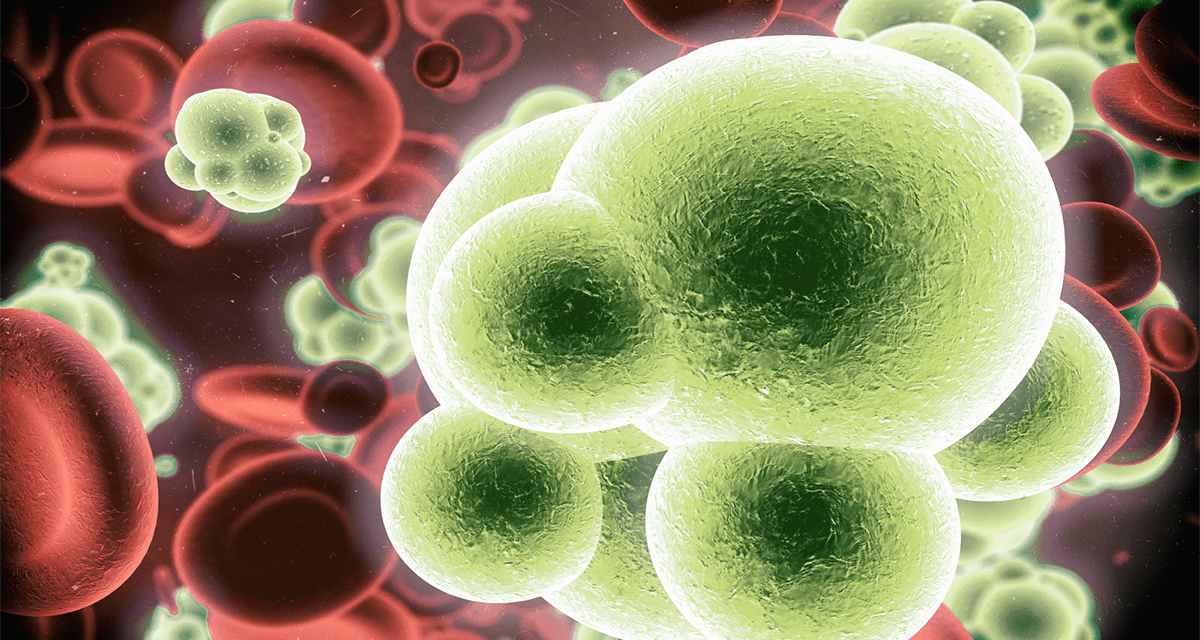In 1978 and 1979, contaminated anti-D immunoglobulin was used in the German Democratic Republic (GDR). As a result, several thousand women were, in the end, infected with hepatitis C. These women received medical attention, part of which was research on hepatitis C. Up to now, results of the research and data are being published in international journals. It remains unclear whether the affected women were asked to be subjects of the clinical research.
The authors analyzed historical sources and conducted interviews with contemporary witnesses.
In the GDR, these women were compulsorily treated by physicians without sufficient information about the disease, diagnostics, and therapy. If the women refused medical care, they were coerced into it by the physicians. Medical care and research were inseparable. Without the knowledge of the women and without their consent, research was carried out on the blood samples and liver biopsies acquired from them.After the German reunification, the same physicians continued to conduct research on the same group of patients. Beginning in 1990, interferon therapy was offered to the women. Parallel to the medication with interferon, studies on the effects of the therapy were carried out. In this case as well, the women were not informed about the use of collected data, nor did they agree to it.
Physicians should clearly define the border between medical care and scientific interest. Exclusively, data obtained from studies performed correctly under ethical point of view should be accepted for publication.
© Georg Thieme Verlag KG Stuttgart · New York.
Medical care or clinical research on humans? Contaminated anti-D immunoglobulin in the GDR and its consequences.


